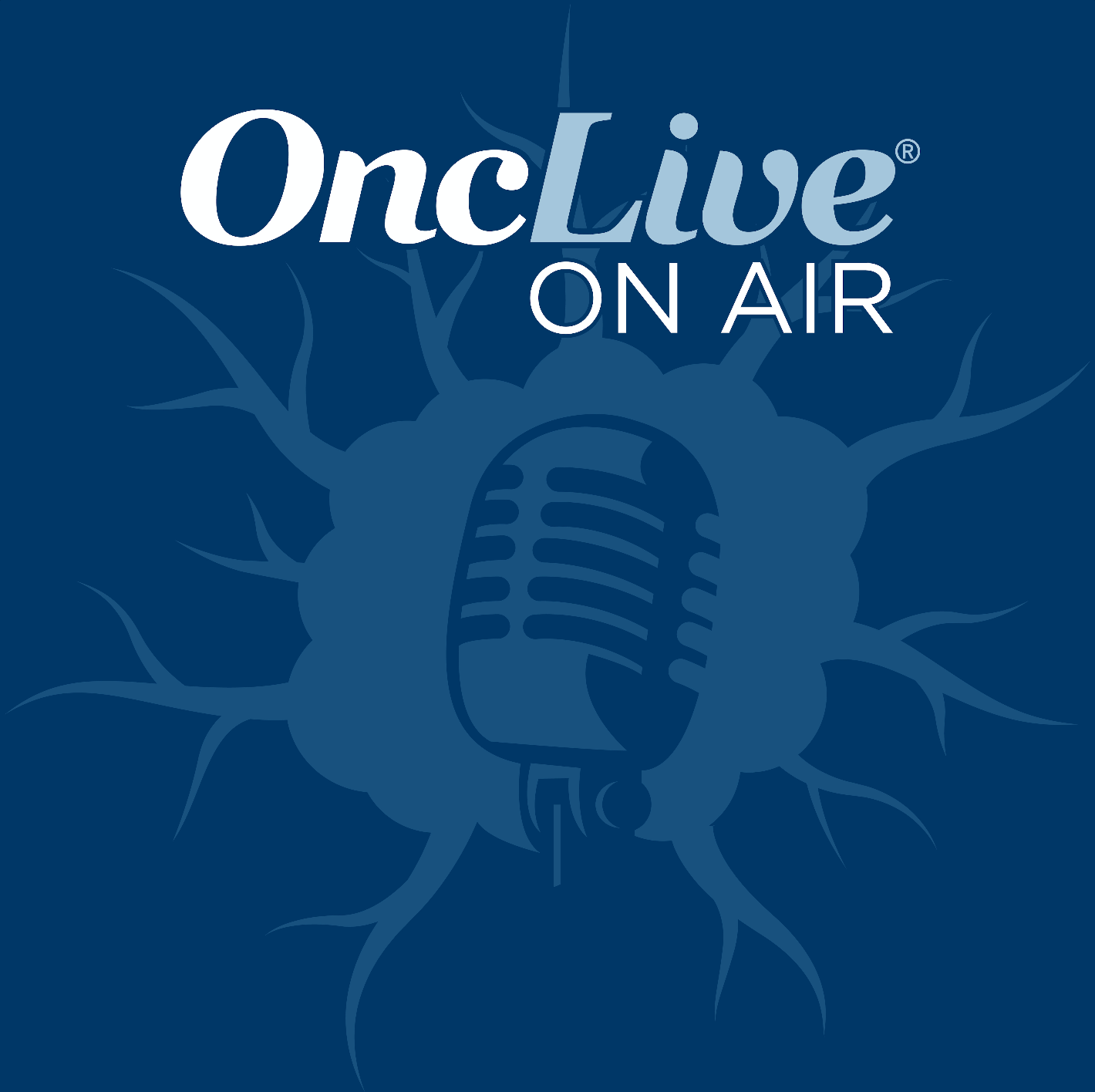Article
European Commission Grants Orphan Drug Designation to Temferon for Glioma
Author(s):
The European Commission has granted an orphan drug designation to Temferon for the treatment of patients with glioma, joining glioblastoma multiforme in its designation.
Pierluigi Paracchi

The European Commission has granted an orphan drug designation (ODD) to Temferon for the treatment of patients with glioma, joining glioblastoma multiforme in its designation.1,2
“European Medicine Agency [EMA]’s Committee reviewed Genenta’s ODD application for Temferon and agreed on the potential significant benefit that Temferon could contribute to patients suffering from glioblastoma multiforme if approved,” Pierluigi Paracchi, chief executive officer at Genenta, said in a press release. “The ODD designation supports and facilitates the development of our cell therapy-based technology platform for solid tumors.”
Glioblastoma multiforme is the most common malignant primary brain tumor and the most aggressive diffuse glioma, harboring unmethylated MGMT promoter status in up to 60% of cases.
Temferon is designed with an individual patient’s own stem progenitor cells, which are altered to express interferon-alpha within solid tumors, resulting in reduced systemic toxicity and targeted therapeutic delivery within the tumor.
In preclinical models, Temferon disrupted tumor-induced tolerance, allowing the immune system to identify the tumor and develop a durable immune response.
The agent is under evaluation in the non-randomized, open-label, phase 1/2a TEM-GBM trial (NCT03866109) in up to 27 patients with newly diagnosed glioblastoma multiforme with an unmethylated MGMT gene promoter.3
To be eligible for enrollment, patients must have undergone complete or partial tumor resection, be eligible for radiotherapy, have a life expectancy of at least 6 months, and a Karnofsky performance score of at least 70. Additionally, patients needed to have acceptable cardiac, renal, hepatic, and pulmonary function; left ventricular ejection fraction of at least 45%; and absence of severe pulmonary hypertension all within 20 days of Temferon administration.
Patients were assigned to 8 cohorts (n = 3 each), which evaluated escalating doses of Temferon and 3 conditioning regimens (thiotepa and BCNU conditioning; thiotepa and busulfan conditioning; or busulfan conditioning alone): 0.5 - 3 x 106 CD34+ cells/kg (cohorts 1-4, 6); 2 x 106 CD34+ cells/kg (cohort 5); 3 x 106 CD34+ cells/kg (cohort 7); and 4 x 106 CD34+ cells/kg (cohort 8).
The primary end point of the study is the tolerability and safety of Temferon over the first 90 days. Secondary end points include clinical response, progression-free survival, overall survival, the proportion of patients achieving hematologic recovery over 30 days, and the long-term tolerability of the agent.
In March 2022, Genenta announced that they had dosed the first patient in cohort 6 after having demonstrated no drug-limiting toxicities with Temferon at the 3 lower doses. At the time of the press release, the company anticipated completing enrollment and dosing for cohorts 6 and 7 by the end of the first half of 2023.4
“The EMA ODD designation follows the orphan drug designation granted by the US Food and Drug Administration to Temferon for the treatment of glioblastoma multiforme in March 2023,” Paracchi said. “The preliminary interim results of Genenta’s ongoing phase 1/2a trials in newly diagnosed patients with unmethylated MGMT gene promoter reviewed by EMA included an overall survival at two years, which is longer than the median overall survival described in published reports.”
References
- The European Commission grants orphan drug designation to Temferon™ for treatment of glioma. News release. Genenta Science. June 29, 2023. Accessed June 29, 2023. https://ir.genenta.com/news-releases/news-release-details/european-commission-grants-orphan-drug-designation-temferontm
- FDA grants orphan drug designation to Temferon for treatment of glioblastoma multiforme. News release. Genenta Science. March 2, 2023. Accessed June 29, 2023. https://ir.genenta.com/news-releases/
- A study evaluating Temferon in patients with glioblastoma & unmethylated MGMT (TEM-GBM). ClinicalTrials.gov. Updated January 20, 2023. Accessed June 29, 2023. https://clinicaltrials.gov/ct2/show/NCT03866109
- Genenta progresses to higher dosing cohort in Temferon phase 1/2a clinical trial in glioblastoma multiforme. News release. Genenta Science. May 4, 2022. Accessed June 29, 2023. https://www.globenewswire.com/en/news-release/2022/05/04/2435564/0/en/Genenta-Progresses-to-Higher-Dosing-Cohort-in-Temferon-Phase-1-2a-Clinical-Trial-in-Glioblastoma-Multiforme.html









